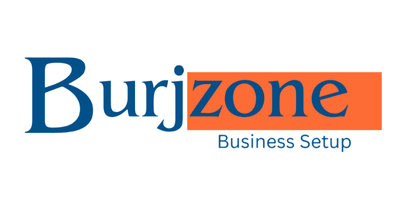Our Blog
Home / Blog
How UAE’s Corporate Tax Affects Investment Holding Companies in 2025
The introduction of the UAE’s Corporate Tax in 2023 has significantly impacted the financial landscape for businesses, including investment holding companies operating in Dubai, Abu Dhabi, Sharjah, and other emirates. As 2025 approaches, understanding how corporate tax applies to investment holding companies is critical for compliance and strategic planning.
This article explains the key effects of UAE corporate tax on investment holding companies and what they need to know.
1. Overview of UAE Corporate Tax
The UAE corporate tax, set at a standard rate of 9%, applies to business profits exceeding AED 375,000. The tax regime aims to diversify the economy and align the UAE with international tax standards while maintaining its appeal as a business hub.
2. What Is an Investment Holding Company?
Investment holding companies primarily own shares, securities, or assets rather than engage in commercial operations. These entities often hold stakes in subsidiaries, real estate, or financial instruments across the UAE or globally.
3. Corporate Tax Exemptions for Investment Holding Companies
In many cases, pure investment holding companies in the UAE benefit from exemptions or reduced tax liabilities under specific conditions:
Dividend Income: Dividends received from UAE-based subsidiaries are generally exempt from corporate tax.
Capital Gains: Gains from the sale of shares or securities may also be exempt if certain criteria are met.
Passive Income: Income earned passively without active business operations is treated differently and may qualify for exemptions.
4. Conditions for Exemption
To qualify for exemptions, investment holding companies must ensure:
Their primary activity is holding investments and not engaging in active trading or business operations.
Compliance with the UAE’s economic substance regulations, proving real economic presence if applicable.
Accurate and timely tax filings with the Federal Tax Authority (FTA).
5. Impact of UAE Economic Substance Regulations
The UAE requires certain investment entities to demonstrate sufficient economic presence in the country, such as local management, office space, and staff, to benefit from tax exemptions and avoid penalties.
6. Compliance and Reporting Requirements
Investment holding companies must:
Register for corporate tax if turnover exceeds the threshold.
Maintain detailed financial records and supporting documents for exempt income.
File annual corporate tax returns, even if no tax is due.
7. Strategic Planning for Investment Holding Companies
Consult tax professionals to assess eligibility for exemptions.
Implement robust accounting systems to track income streams and tax liabilities.
Review corporate structures and consider restructuring to optimize tax efficiency across emirates like Dubai, Abu Dhabi, and Sharjah.
Final Thoughts
The UAE’s corporate tax framework brings new challenges and opportunities for investment holding companies in 2025. Understanding the specific tax treatment and compliance obligations will enable businesses to navigate the system efficiently and capitalize on available exemptions.
#UAECorporateTax #InvestmentHoldingUAE #DubaiTax2025 #AbuDhabiFinance #SharjahBusinessTax #UAETaxExemptions #CorporateTaxCompliance #InvestmentCompaniesUAE
